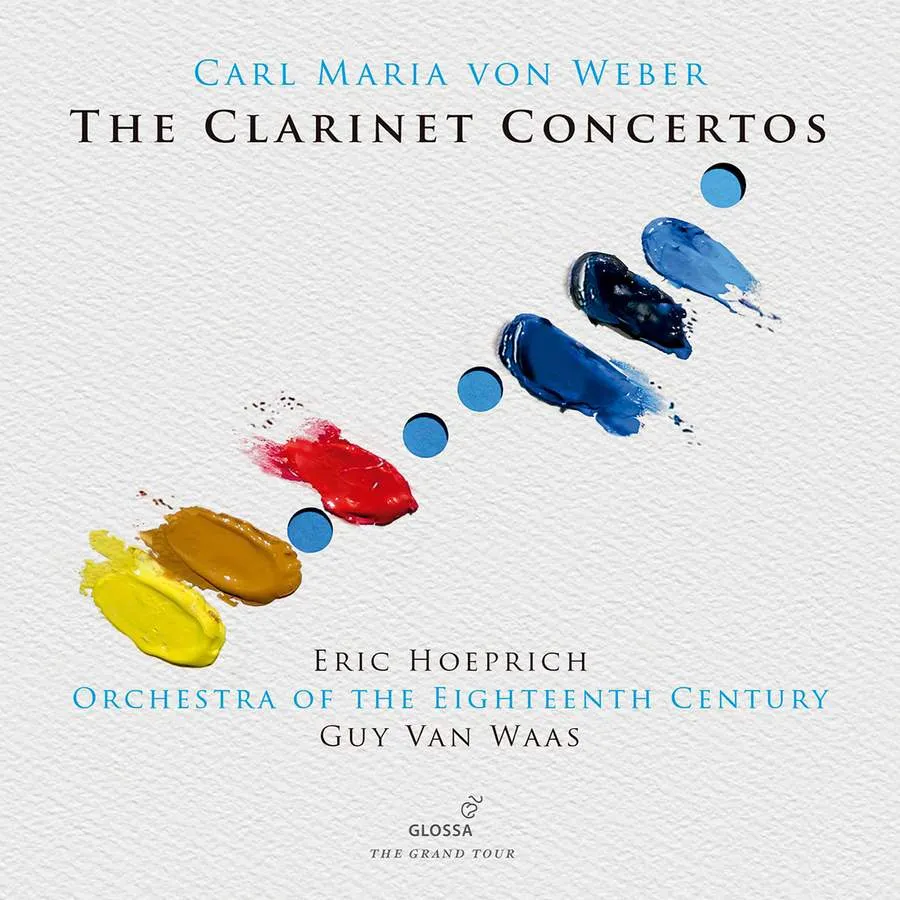
Kurpinski • Weber Kurpinski: Clarinet Concerto in B flat major; Weber: Concertos Nos 1 & 2 Eric Hoeprich (clarinet); Orchestra of the Eighteenth Century/Guy Van Waas Glossa GCD921128 53:28 mins
Most players who record Weber’s two clarinet concertos throw in his more tautly constructed Concertino for clarinet and orchestra as well, but Eric Hoeprich opts instead for a single-movement concerto by Weber’s Polish contemporary Karol Kurpiński (1785-1857). He’s a largely forgotten figure, but in his day he was Warsaw’s leading opera composer, and he also conducted the young Chopin’s public debut – in his F minor Piano Concerto. Kurpiński’s Clarinet Concerto is skilfully written, with a melancholy slow section whose melody is attractive enough, though it isn’t sustained for long. Elsewhere, the piece isn’t without its moments of note-spinning and overlong harmonic sequences, but it’s a welcome discovery nevertheless.
Hearing Hoeprich play this repertoire on a replica of the type of instrument used by Heinrich Baermann, the dedicatee of all Weber’s clarinet music, is a fascinating experience. Its dark and husky chalumeau register is shown to fine advantage in the mysterious beginning of the development section in the opening movement of Weber’s Concerto No. 1; and the warmth of its middle range comes to the fore in the long passage accompanied only by three horns (very well handled by the members of the Orchestra of the Eighteenth Century) in the slow movement of the same work. Just once or twice the music doesn’t quite seem to lift off the page – the polonaise theme in the finale of Concerto No. 2, for instance, could have done with greater rhythmic lilt – but there are precious few period-instrument recordings of these pieces, and this newcomer can confidently be recommended.
Read more reviews of the latest Weber recordings here
Read more reviews of the latest Kurpinski recordings here
Misha Donat
